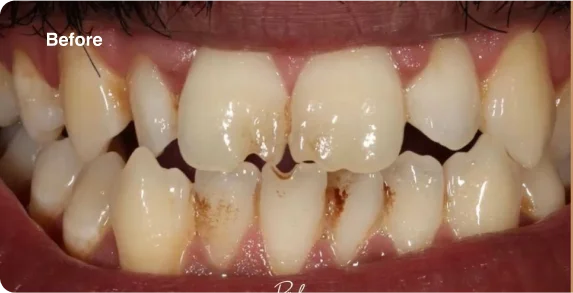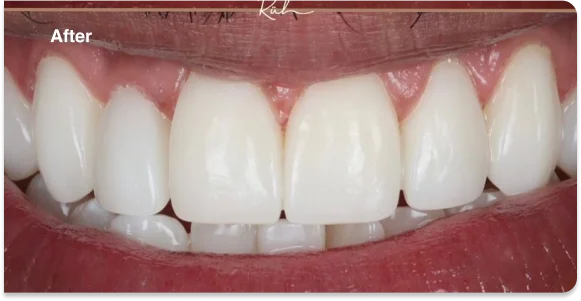Many people suffer from worn teeth as they get older. Tooth enamel gradually wears down from grinding teeth, clenching jaws, and acidic foods and drinks. This causes sensitivity, discoloration, and an aged smile.
The good news is dental treatments like composte bonding, porcelain crowns, or veneers can restore worn teeth and give you a rejuvenated smile.










